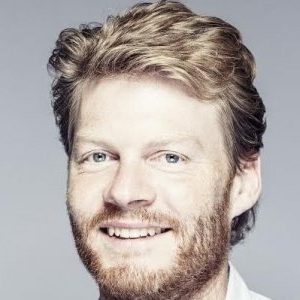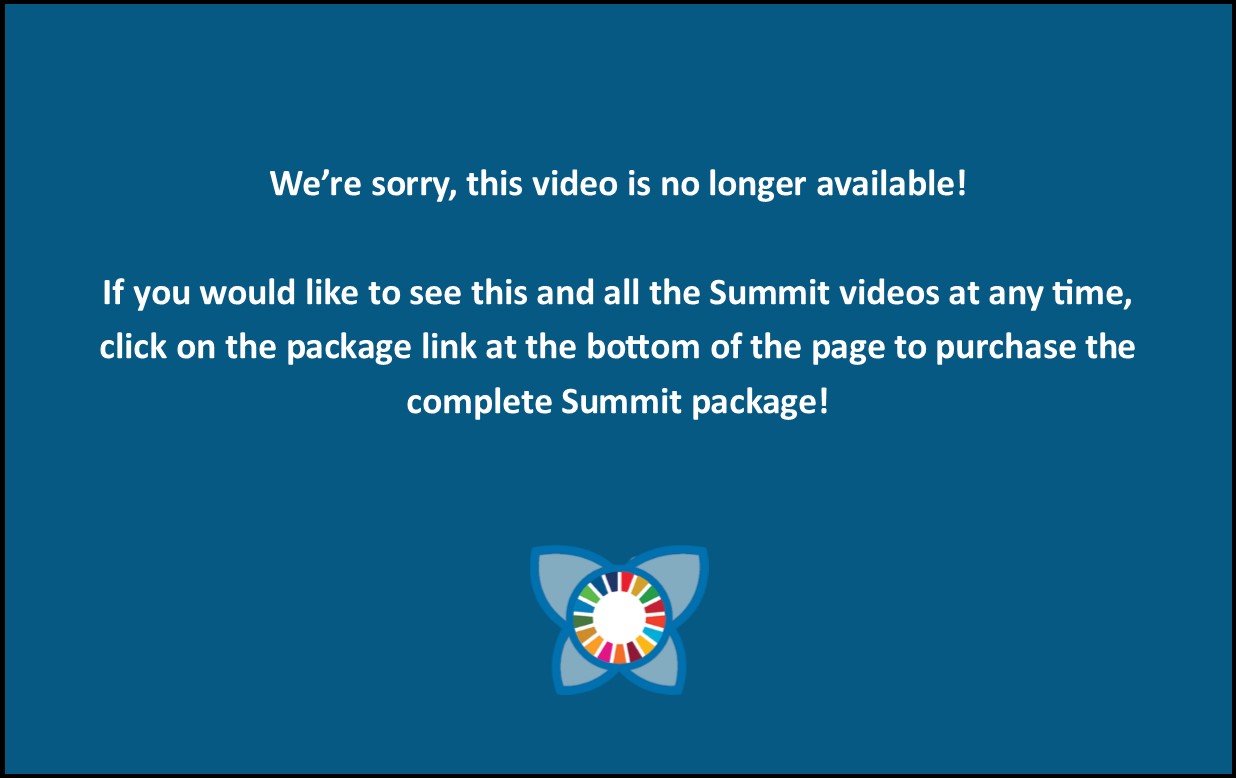Power of Community Summit
Feb 1-10, 2019
Christian Felber
Christian Felber talks to us about the fascinating movement of economy for the common good, exploring how it relates to the current economy, to universities, to us as individuals, to businesses and states, and how we can engage in this relevant topic.
If you liked the video, share it with your friends on social media.
- What is economy for the common good?
- How to measure common good
- Economy of common good in current economy
- The common good economy and universities
- The individual in the common good economy
- How to bring in yourself
- The optimum size of bisunesses and states

Christian Felber was born in 1972, studied Spanish, Psychology, Sociology and Political Sciences in Madrid and Vienna, where he lives and works as a writer. He is co-founder of Attac Austria, an internationally renowned speaker, contemporary dancer, lecturer at the Vienna University of Economics and Business and author of several bestsellers including: "50 Suggestions for a Fairer World", "New Values for the Economy", "Let's save the Euro!", "Change Everything: Creating an economy for the Common Good" and "Money. The new rules of the game." Christian is the initiator of the "Economy for the Common Good" and the project "Bank for the Common Good."
References:


6 Comments
whaou that was powerful. The more practical you can be the more efficient you will manifest the highest ideas, the ethical audit and moreover the co creation.
Thank you the team to put all those brillant activists on line .
I am already bubbling to co create, so I through it there , let’s do an open source co create Lab divided in all the subjects you are touching.
I am myself working in food, as an activism, to help people to reconnect with this inner wisdom of the right food, the right amount and the realization that how we eat creates our world , and that through that , through our remembering what food is we can become a medicine for earth.
I am also working on a project of regenerative food kitchen , from the structures theeelves to the recipes, in prep to help people in community from 3 to 200.
I also through sitting in silence and eating in silence wants more and more makes realized people that this the way we will live the solution because after every gathering lie that I do we are all so energized, creative and joyful. People think it is only zazen but no this is zen within the power of community .
Love
Great interview – Christian is very grounded, well researched. I love the intelligence Christian reveals with his reframing of economics and practise – connecting to both Rockstrom and Raworth. I would love to have a conversation with Christian and the Integral City Master Code of Care models and also Sean Esborn-Hargens MetaCapitals. And the sharing of his personal energy in the dance – was really inspiring. Thanks for daring to bring that into what matters in regenerative economics.
An very interesting Interview. Many thanks for the remark to Aristoteles: that ever more capital will concentrate in the hands of ever less, is a result of a process of de-econominising, what politicans try to sell us as „social reforms“. And so it is‘nt a wonder that the economic conditions reflect the ecological, social and political conditiones, because it is allways a reflection of a corner-point of the same tetraeader.
A de-economisising in (the aristoteles sens of anti-economic (I can‘t remember his notion)) is a result of a corrupt politics, what leads to a deformed society and clima-change and hills of rubbish, not only in the oceans.
It does‘nt matter from which corner-point you will start the analyse, more important is it, to show the connections, and that nothing will change, so long it will be thought, we can stop the clima-change by preserving the capitalist system.
Good ideas, and focusing on common good is great. One challenge on these proposals is that most often these techniques get pushed onto small social ventures first. Things you mention, like impact measurement, B-Corp certification etc, organic, fair-trade, and this measurement and certification adds substantial costs to companies which are already making choices that impact their profit in order to improve ‘common good’, so essentially the cost of these processes has to come out of, and diminish, creating impact. So my question is how do we make the costs of all these numerous processes and certifications reasonable so that they don’t actually end up reducing our positive impact.
So grateful for your insights, the amazing work you are doing, and for sharing so generously on every level! I feel encouraged!
Thanks a lot about this sharing !
I would love to hear more about decision making and the 3 dimensions that you quoted :
1) consensus
2) Consent
3) vote ?
Thank you so much.
With love
Gabriel.